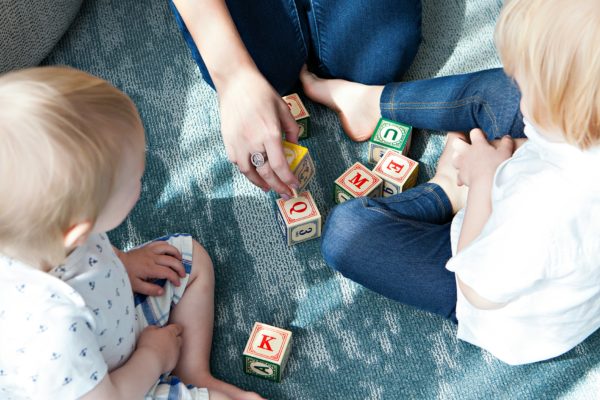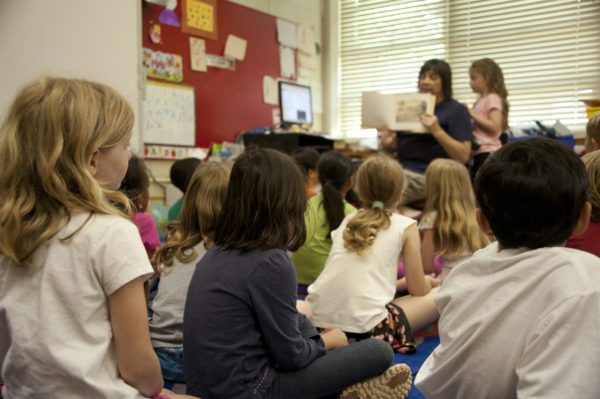Ever heard of professional love in early years? It’s about the unique care we early years educators offer, distinct from parental love but equally important. In fact, it’s gaining recognition for its role in young children’s development and wellbeing, going beyond basic education to provide warmth and emotional support. In this article, we give you some insights into what professional love is and why it is so beneficial for children.
What is professional love?
Dr. Jools Page introduced the professional love in early years concept to describe the unique care educators provide, distinct from but complementary to parental love.
While parental love is, of course, deep and personal, professional love is more about providing a supportive, caring environment in a more educational setting.
Why is professional love important?
Emotional warmth and care are crucial for children to thrive, going way beyond just being nice to them. Professional love in early years education means really understanding what each child needs and building trusty relationships.
It’s not just about cuddles and kind words (though they’re important!). Professional love is about making children feel at home while keeping things professional. It’s about seeing them as whole people, where feeling good and safe is just as important as learning their ABCs.
Children who feel loved and secure are more curious, more eager to learn, and get along better with others. It’s all about being there for them in the right way, whether that’s with a comforting chat or just being by their side when they need it.

How professional love in early years works in practice
For parents, understanding how professional love in early years is applied can be reassuring. Here are some ways we put it into action at our daycare:
- We build trust with transparent communication: We regularly engage with families to build a foundation of trust. For example, we share insights about your child’s day, discuss developmental milestones, and are open about our caregiving approach.
- We focus on a responsive caregiving approach: We tailor our interactions to meet the individual needs of each child. For example, using Dr. Page’s Triangle of Professional Love (ToPL) as a guide to understand and respond to the emotional and developmental needs of children, we can ensure our approach is both caring and professional.
- We invest in our own professional development in emotional literacy: We invest in training for staff on understanding and managing our own emotions as well as recognising and responding to the emotions of children. This helps in nurturing emotional connections within professional boundaries.
- We establish clear policies and guidelines: We develop and communicate clear guidelines on physical contact, confidentiality, and interpersonal interactions within the setting. This helps staff understand their roles with confidence and clarity.
- We foster community and practice cultural sensitivity: We understand and respect the diverse backgrounds of the children in our care. Incorporating cultural sensitivity into our practice strengthens relationships with families and helps children feel valued and understood.

The transformative power of professional love in early years
The impact of professional love in early years is profound, benefiting both children and educators. It creates a secure environment where children feel valued, boosting their eagerness to learn and explore.
Understanding professional love helps parents see the value in early years education, not just for academic learning but for emotional and social development too. It’s about ensuring every child feels supported, understood, and ready to take on the world.
At Schoolhouse Daycare, we enjoy learning, encouraging confidence and we love life! If you think your child would enjoy life at Schoolhouse, then please do not hesitate to arrange a visit.

